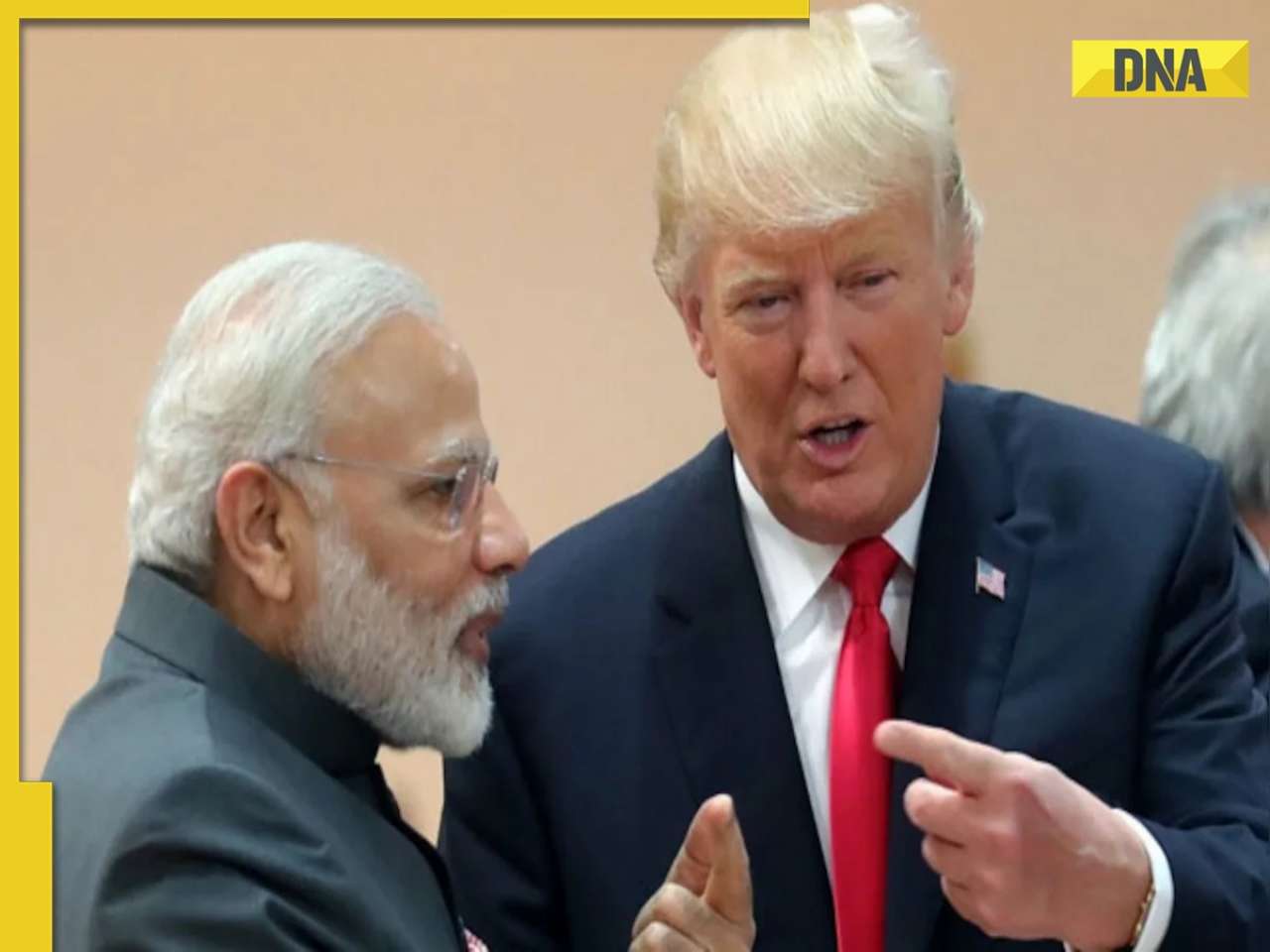Shashi Tharoor warned that the temptation to centralise power, silence dissent, and bypass constitutional safeguards may reappear in various forms. "Often, such tendencies may be justified in the name of national interest or stability. In this sense, the Emergency stands as a strong warning."
Senior Congress leader Shashi Tharoor has said that the Emergency should not be remembered merely as a dark chapter in India's history, but that its lessons must be fully understood. In an article on the Emergency published in the Malayalam daily Deepika on Thursday, the Congress Working Committee member recalled the dark era of the Emergency declared by Prime Minister Indira Gandhi between 25 June 1975 and 21 March 1977, and said that efforts undertaken for discipline and order often turned into acts of cruelty that could not be justified.
Shashi Tharoor's Emergency barb at Congress
"Sanjay Gandhi, the son of Indira Gandhi, led forced sterilisation campaigns, which became a notorious example of this. In poor rural areas, violence and coercion were used to meet arbitrary targets. In cities like New Delhi, slums were mercilessly demolished and cleared. Thousands of people were rendered homeless. Their welfare was not taken into consideration," the Thiruvananthapuram MP wrote.
He said democracy is not something to be taken lightly; it is a precious legacy that must be constantly nurtured and preserved.
Shashi Tharoor calls Emergency a 'dark chapter in India's history'
"Let it serve as a lasting reminder to people everywhere," Tharoor said. According to him, today's India is not the India of 1975. "We are a more self-confident, more developed, and in many ways a stronger democracy. Yet, the lessons of the Emergency remain relevant in troubling ways," he said.
Tharoor warned that the temptation to centralise power, silence dissent, and bypass constitutional safeguards may reappear in various forms. "Often, such tendencies may be justified in the name of national interest or stability. In this sense, the Emergency stands as a strong warning. The guardians of democracy must always remain vigilant," he added.
READ | Jaya Bachchan reveals number one cause for 'anxiety attacks', leaves daughter Shweta Bachchan shocked: 'We never heard of...'
Find your daily dose of All
Latest News including
Sports News,
Entertainment News,
Lifestyle News, explainers & more. Stay updated, Stay informed-
Follow DNA on WhatsApp.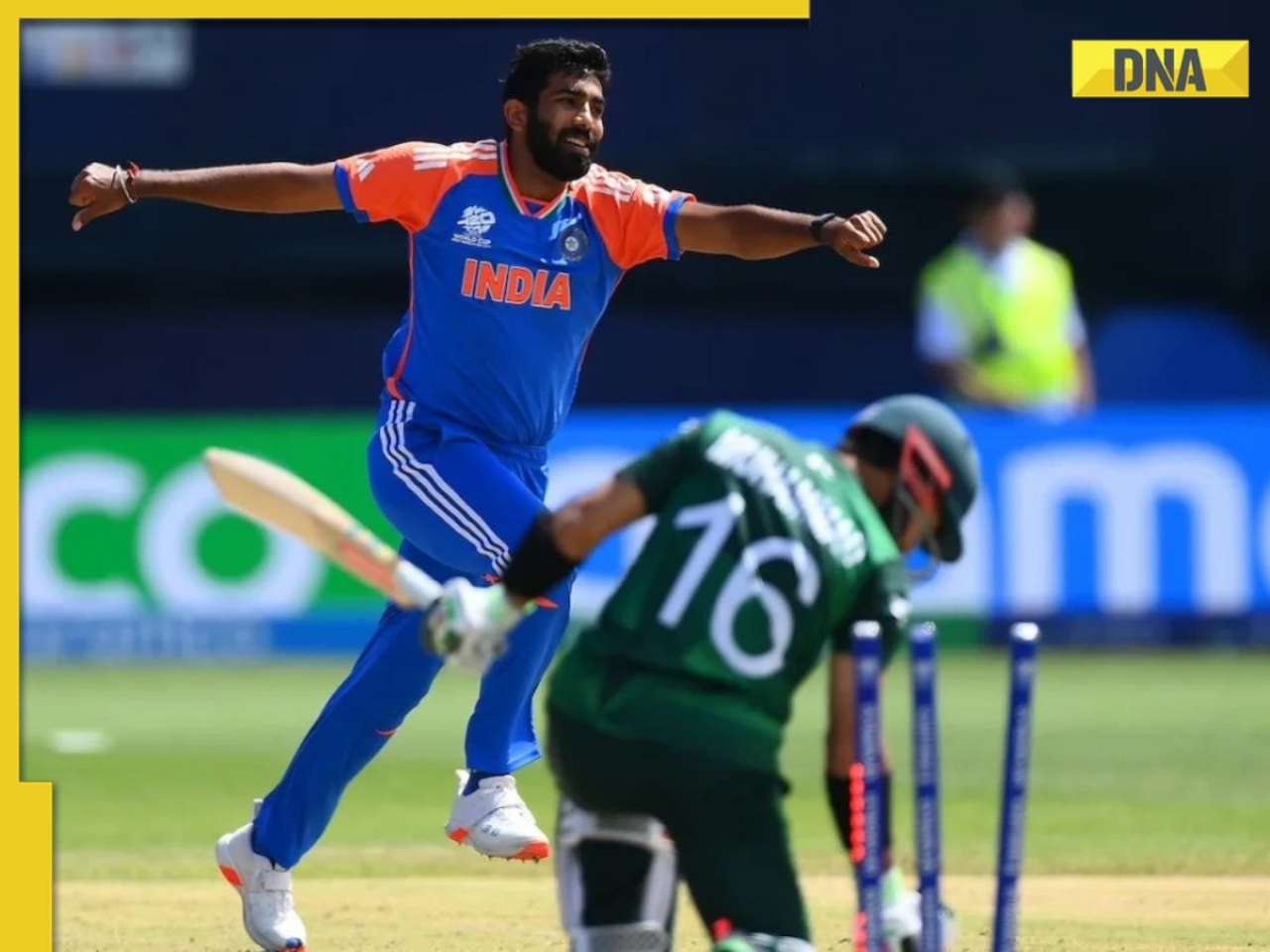 Asia Cup 2025 venues revealed, blockbuster India vs Pakistan to be played at THIS stadium
Asia Cup 2025 venues revealed, blockbuster India vs Pakistan to be played at THIS stadium Kartik Aaryan to attend Independence Day event in USA organised by Pakistani? Actor's team issues statement: 'We have contacted organisers and..'
Kartik Aaryan to attend Independence Day event in USA organised by Pakistani? Actor's team issues statement: 'We have contacted organisers and..'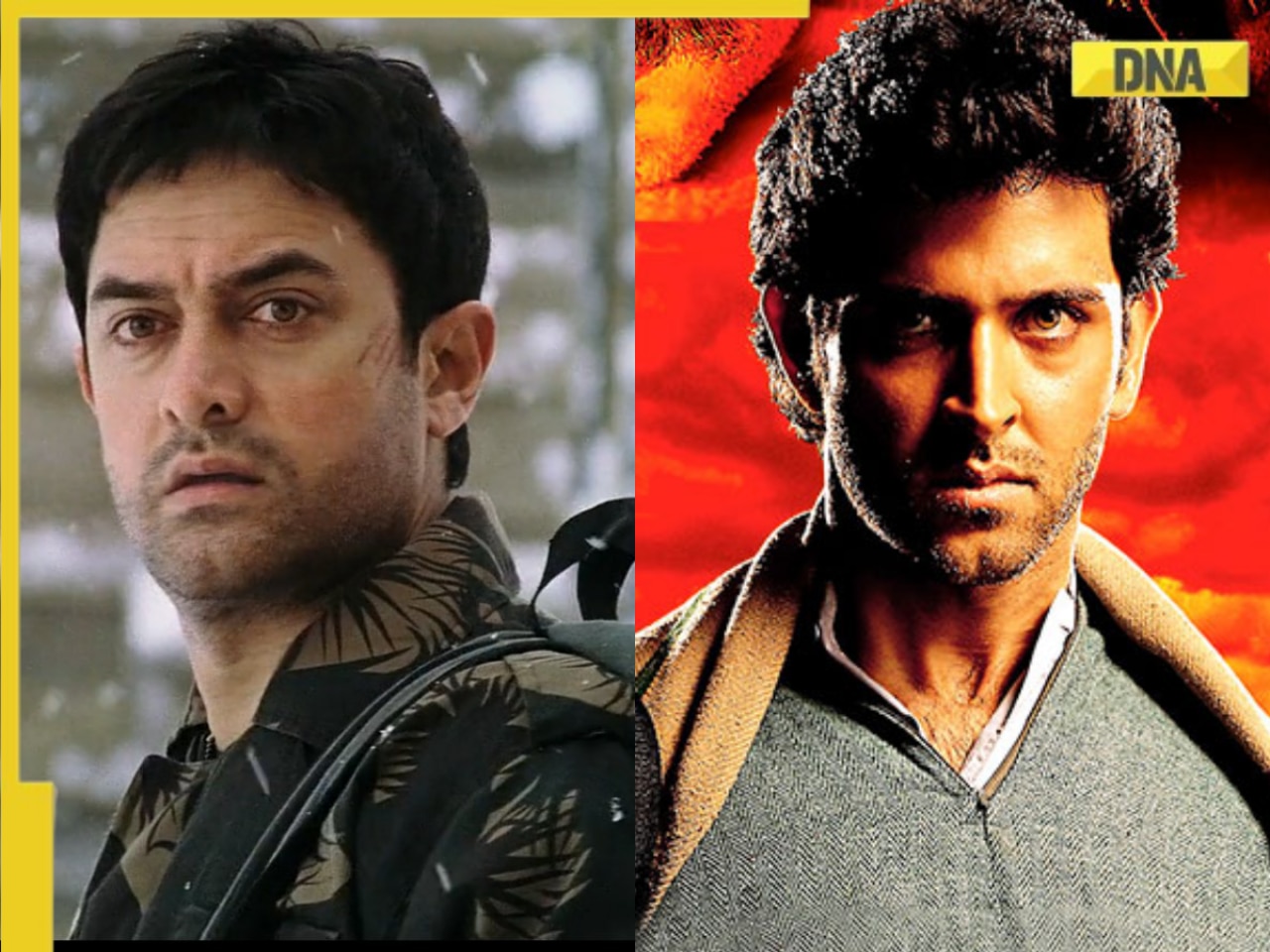 Aamir Khan wasn't original choice for Fanaa, Aditya Chopra didn't want him because.., Hrithik Roshan was offered film, he rejected it saying..
Aamir Khan wasn't original choice for Fanaa, Aditya Chopra didn't want him because.., Hrithik Roshan was offered film, he rejected it saying.. PCB bans use of 'Pakistan' in private leagues after India Champions walk out from WCL semi-final
PCB bans use of 'Pakistan' in private leagues after India Champions walk out from WCL semi-final Happy Friendship Day 2025: Top 20+ heartwarming WhatsApp messages, quotes to celebrate your bond
Happy Friendship Day 2025: Top 20+ heartwarming WhatsApp messages, quotes to celebrate your bond Jeera water vs Saunf water: Which morning drink works better for you?
Jeera water vs Saunf water: Which morning drink works better for you? 8 surprising ways to use orange peel in kitchen
8 surprising ways to use orange peel in kitchen NASA shares 8 breathtaking images of Helix Nebula
NASA shares 8 breathtaking images of Helix Nebula 7 silent signs of bone cancer you should never ignore
7 silent signs of bone cancer you should never ignore
 7 mesmerising star formation images captured by NASA's James Webb Space Telescope
7 mesmerising star formation images captured by NASA's James Webb Space Telescope Exclusive: Jyoti Malhotra on Volvo XC60, New Launches & Volvo’s India Strategy | Volvo Car India MD
Exclusive: Jyoti Malhotra on Volvo XC60, New Launches & Volvo’s India Strategy | Volvo Car India MD Exclusive Interview: Rajeev Kapur on Steelbird’s New Helmets & Global Strategy!
Exclusive Interview: Rajeev Kapur on Steelbird’s New Helmets & Global Strategy! Futuristic Education: AI or Natural Intelligence, What's in focus? | Rajiv Tandon, BITS Pilani Digital
Futuristic Education: AI or Natural Intelligence, What's in focus? | Rajiv Tandon, BITS Pilani Digital Tata Harrier EV Review | Most Advanced Electric SUV from Tata?
Tata Harrier EV Review | Most Advanced Electric SUV from Tata? Vida VX2 Plus Electric Scooter Review: Range, Power & Real-World Ride Tested!
Vida VX2 Plus Electric Scooter Review: Range, Power & Real-World Ride Tested!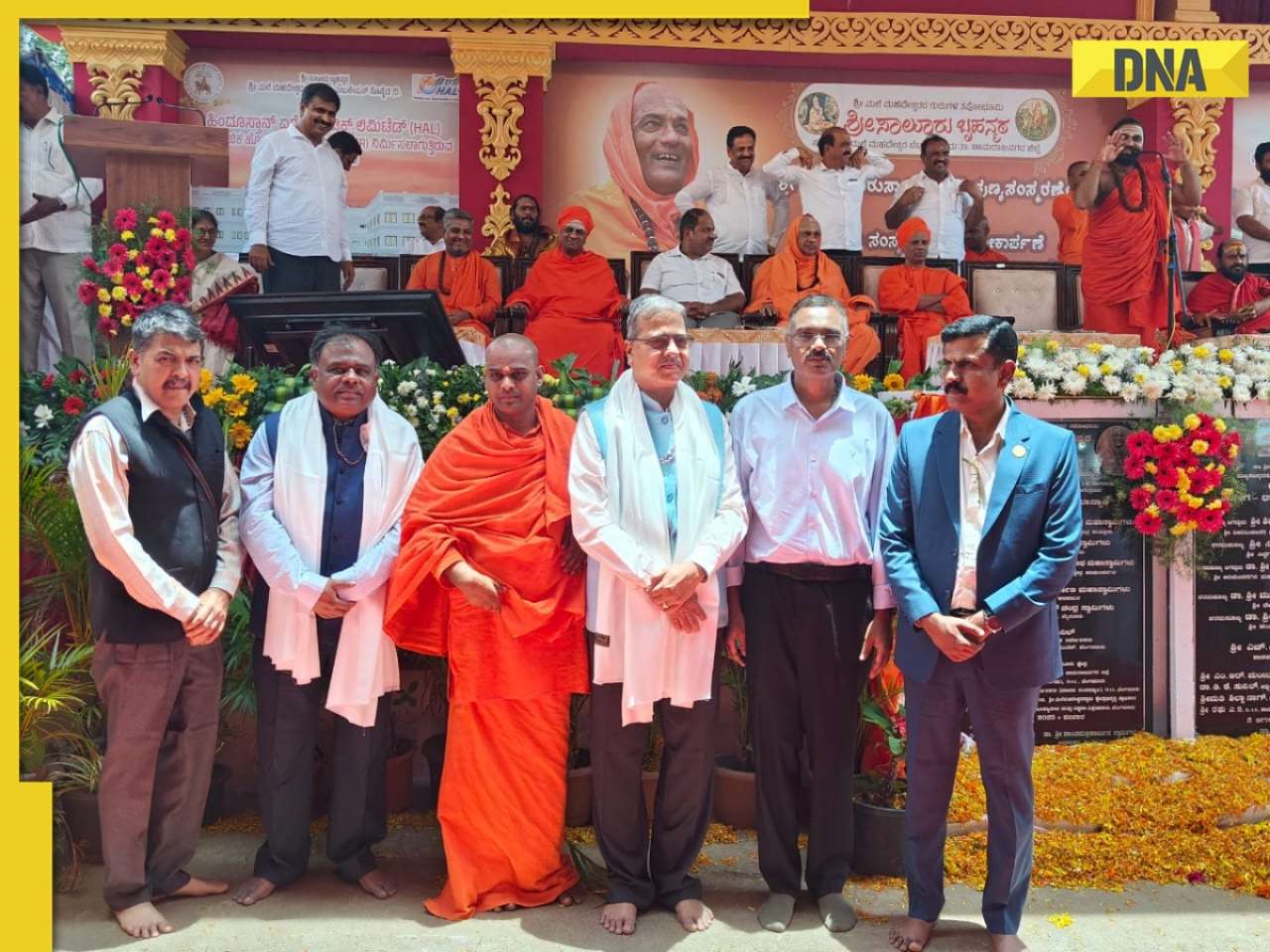 HAL signs historic Rs 4.77 crore education MoU at Salur Math in MM Hills Karnataka
HAL signs historic Rs 4.77 crore education MoU at Salur Math in MM Hills Karnataka 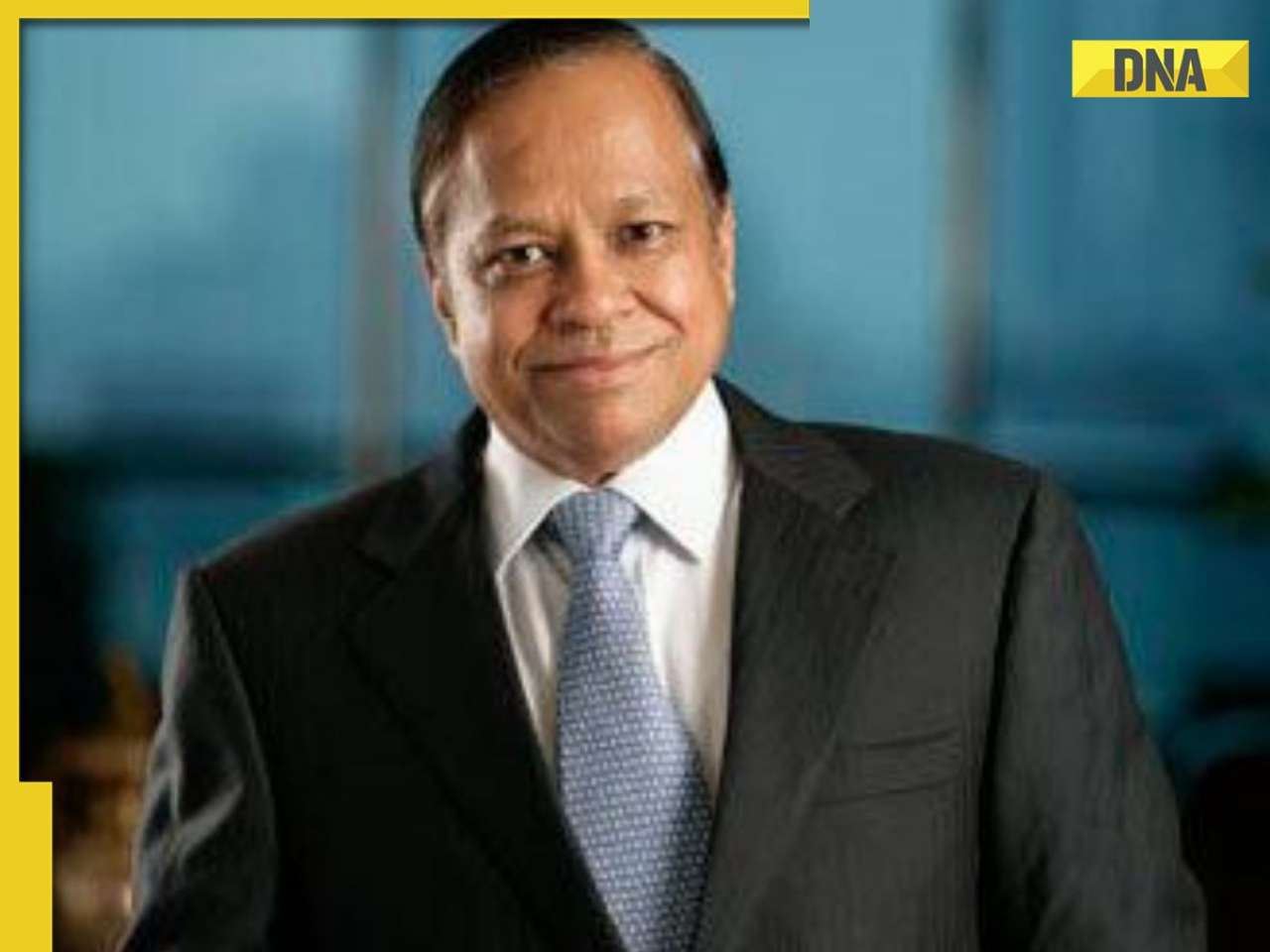 Meet Indian-origin richest man in Indonesia, with net worth of Rs 725000000000, brother-in-law of India's famous billionaire, his business is...
Meet Indian-origin richest man in Indonesia, with net worth of Rs 725000000000, brother-in-law of India's famous billionaire, his business is...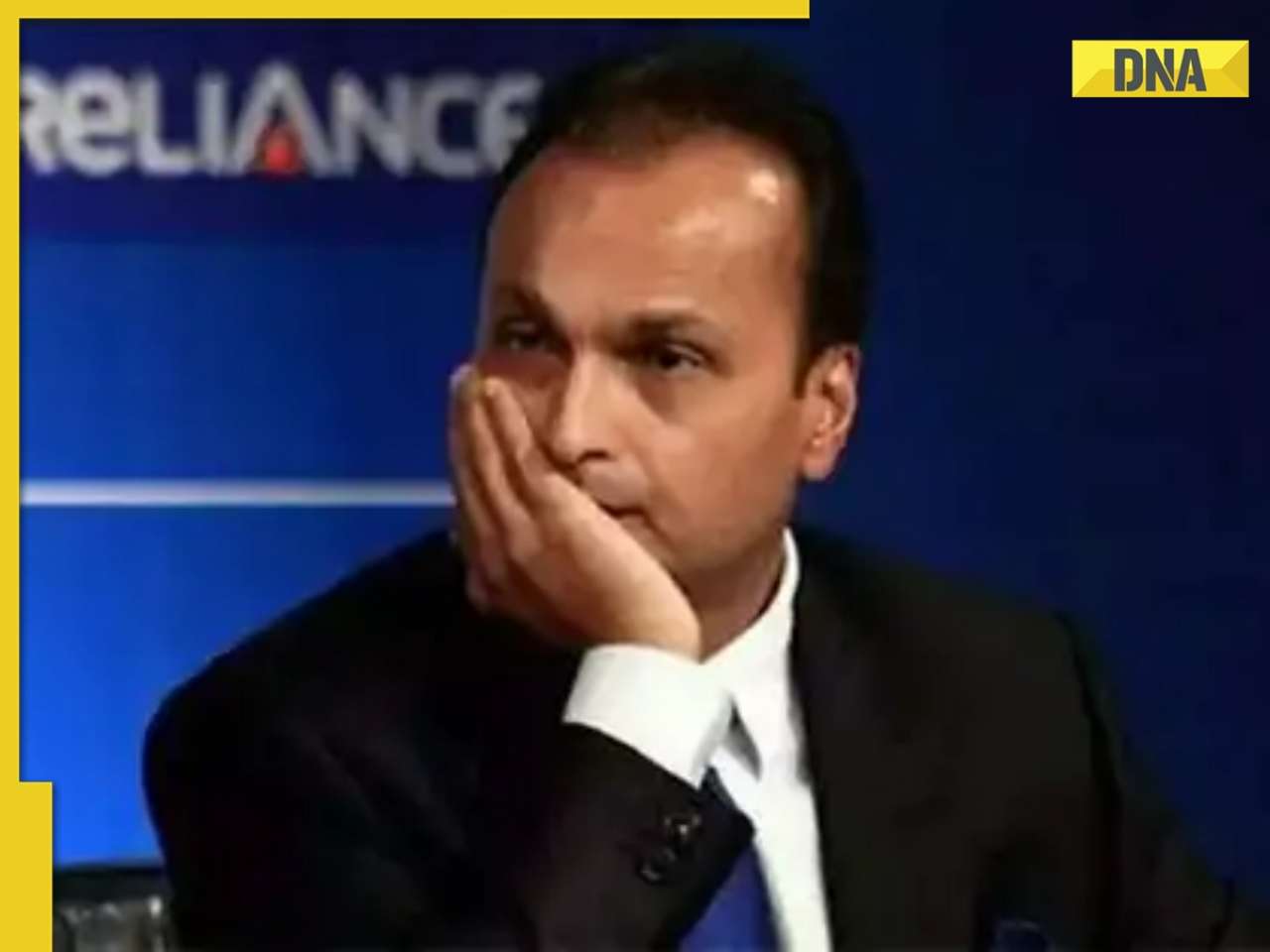 ED issues Look Out Circular against Anil Ambani in Rs 17,000 crore bank loan fraud case
ED issues Look Out Circular against Anil Ambani in Rs 17,000 crore bank loan fraud case BIG move by BSNL as it rolls out new plan for just Re 1; check validity, offer, data limit and more
BIG move by BSNL as it rolls out new plan for just Re 1; check validity, offer, data limit and more Elon Musk's Tesla set to open 1st charging station in India on...; check charging speed, price
Elon Musk's Tesla set to open 1st charging station in India on...; check charging speed, price Preity Zinta’s go-to fitness formula for staying lean and active at 50, 'It does not matter how long...'
Preity Zinta’s go-to fitness formula for staying lean and active at 50, 'It does not matter how long...' Liked Kingdom? Don’t miss these 5 Vijay Deverakonda films that showcase his versatility
Liked Kingdom? Don’t miss these 5 Vijay Deverakonda films that showcase his versatility Before watching Vijay Deverakonda’s Kingdom, know 5 box office hits he said NO to
Before watching Vijay Deverakonda’s Kingdom, know 5 box office hits he said NO to Pooja Batra’s monokini look is blend of tropical vibes and monsoon style inspiration; SEE PICS
Pooja Batra’s monokini look is blend of tropical vibes and monsoon style inspiration; SEE PICS Taarak Mehta Ka Ooltah Chashmah star Deepti Sadhwani’s simple diet plan helped her lose 17 Kg in 6 months: Here’s how she did it
Taarak Mehta Ka Ooltah Chashmah star Deepti Sadhwani’s simple diet plan helped her lose 17 Kg in 6 months: Here’s how she did it Centre's BIG statement on F-35 fighter jets deal with US, says, 'No formal discussions...'
Centre's BIG statement on F-35 fighter jets deal with US, says, 'No formal discussions...'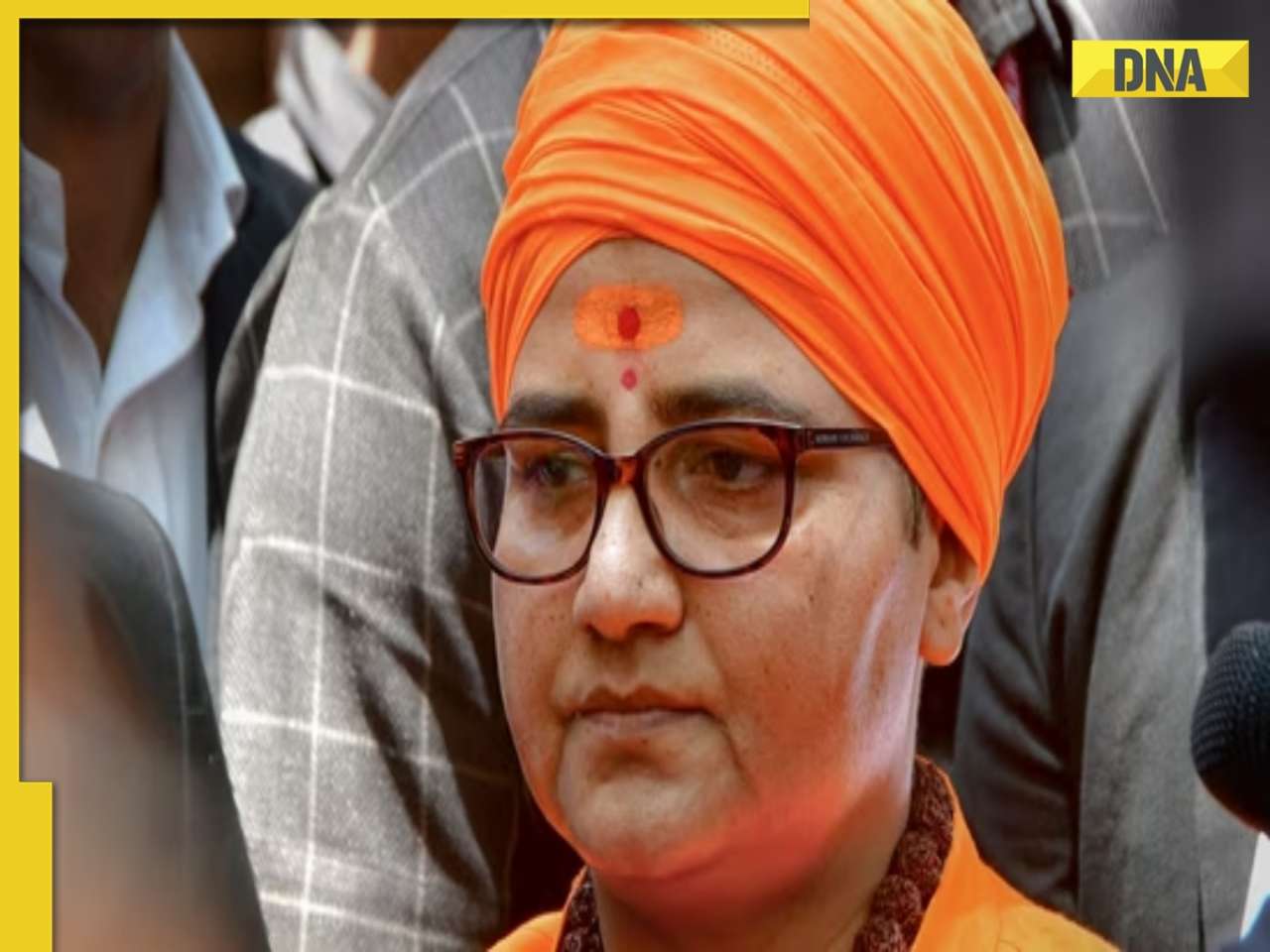 Pragya Thakur's SHOCKING claim on Malegaon blast case, says, 'was forced to take names of...'
Pragya Thakur's SHOCKING claim on Malegaon blast case, says, 'was forced to take names of...'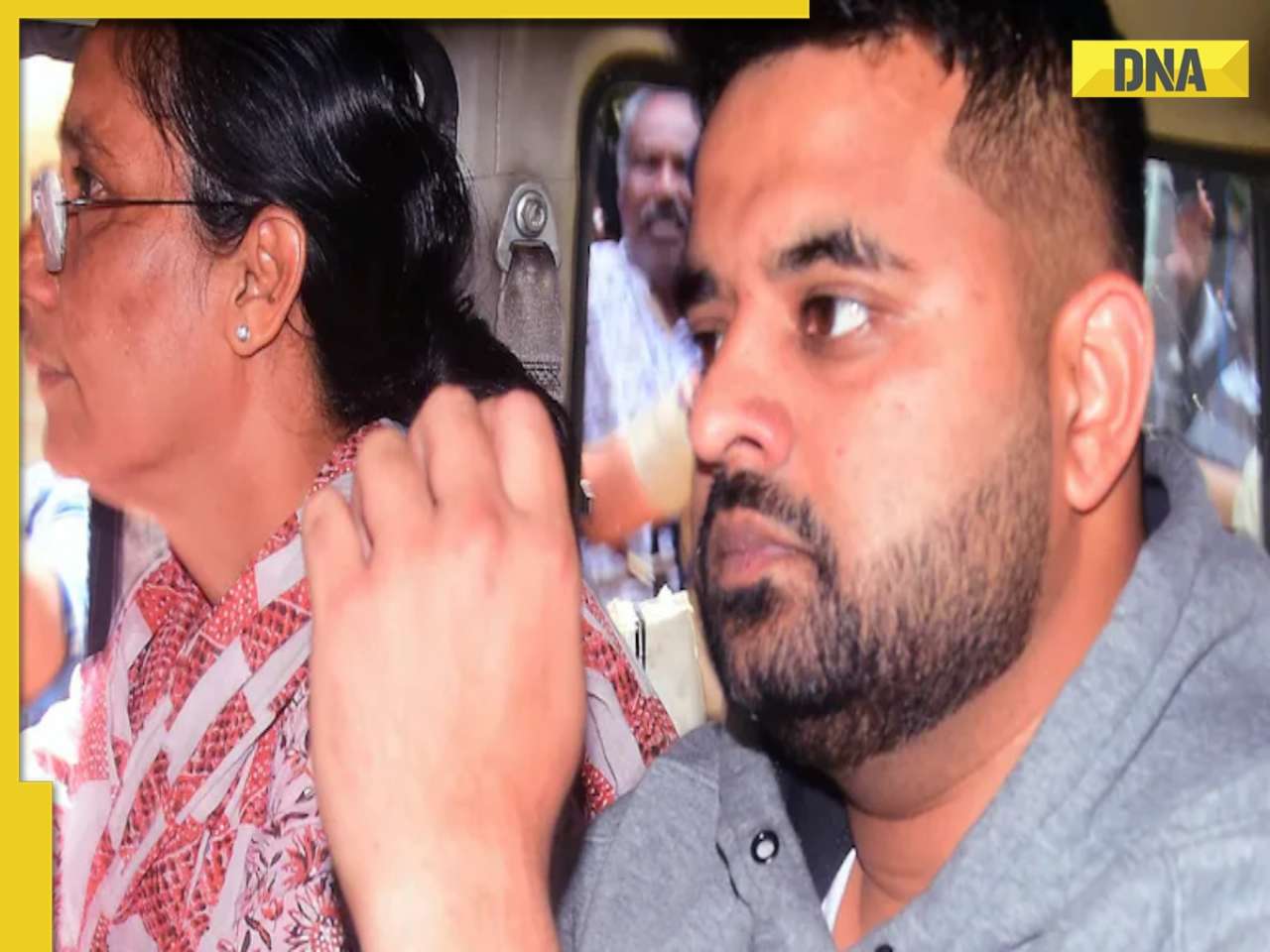 Former JDS MP Prajwal Revanna sentenced to life imprisonment for sexually assaulting house help
Former JDS MP Prajwal Revanna sentenced to life imprisonment for sexually assaulting house help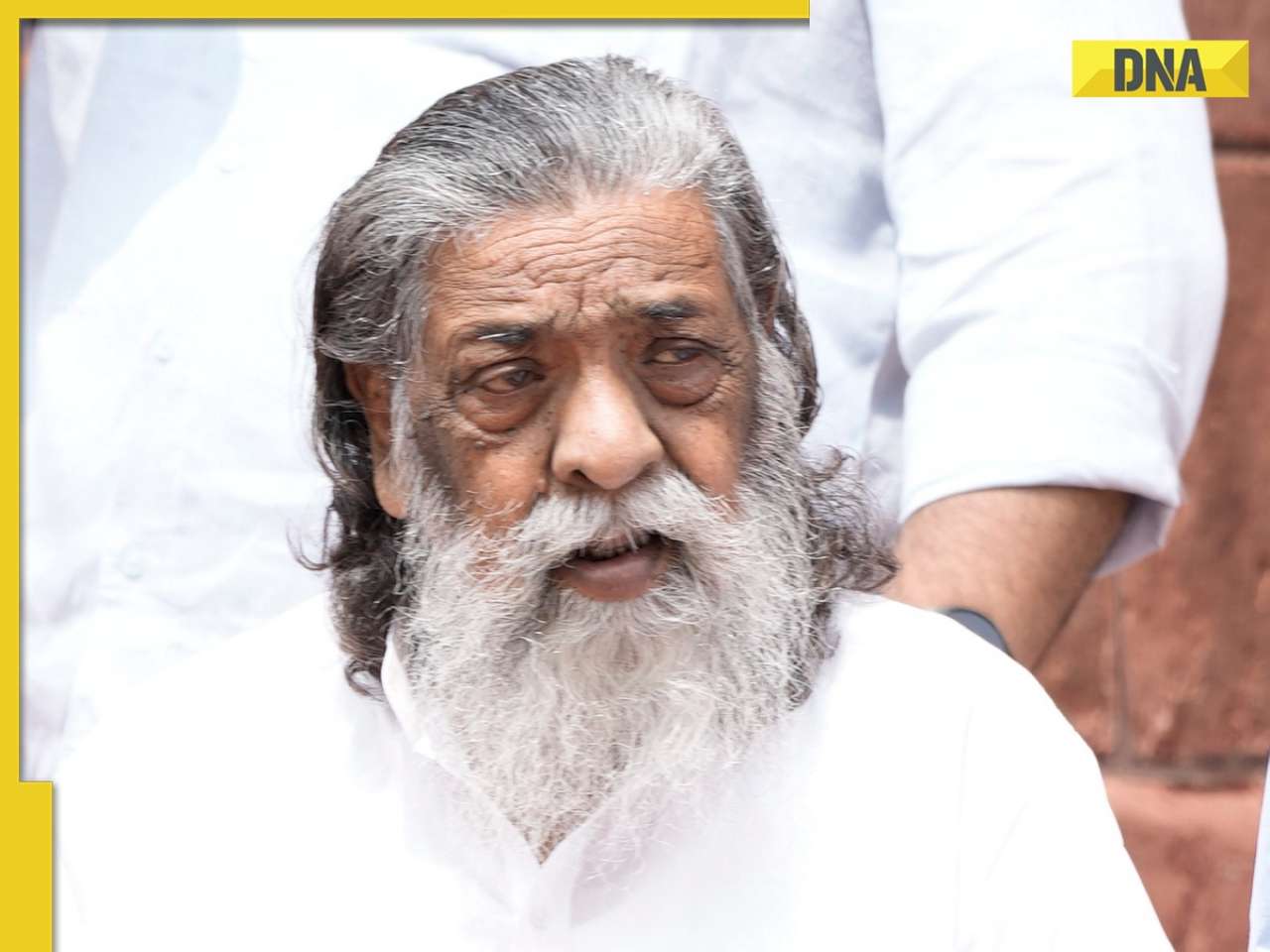 Former Jharkhand CM Shibu Soren critical, on ventilator: Reports
Former Jharkhand CM Shibu Soren critical, on ventilator: Reports 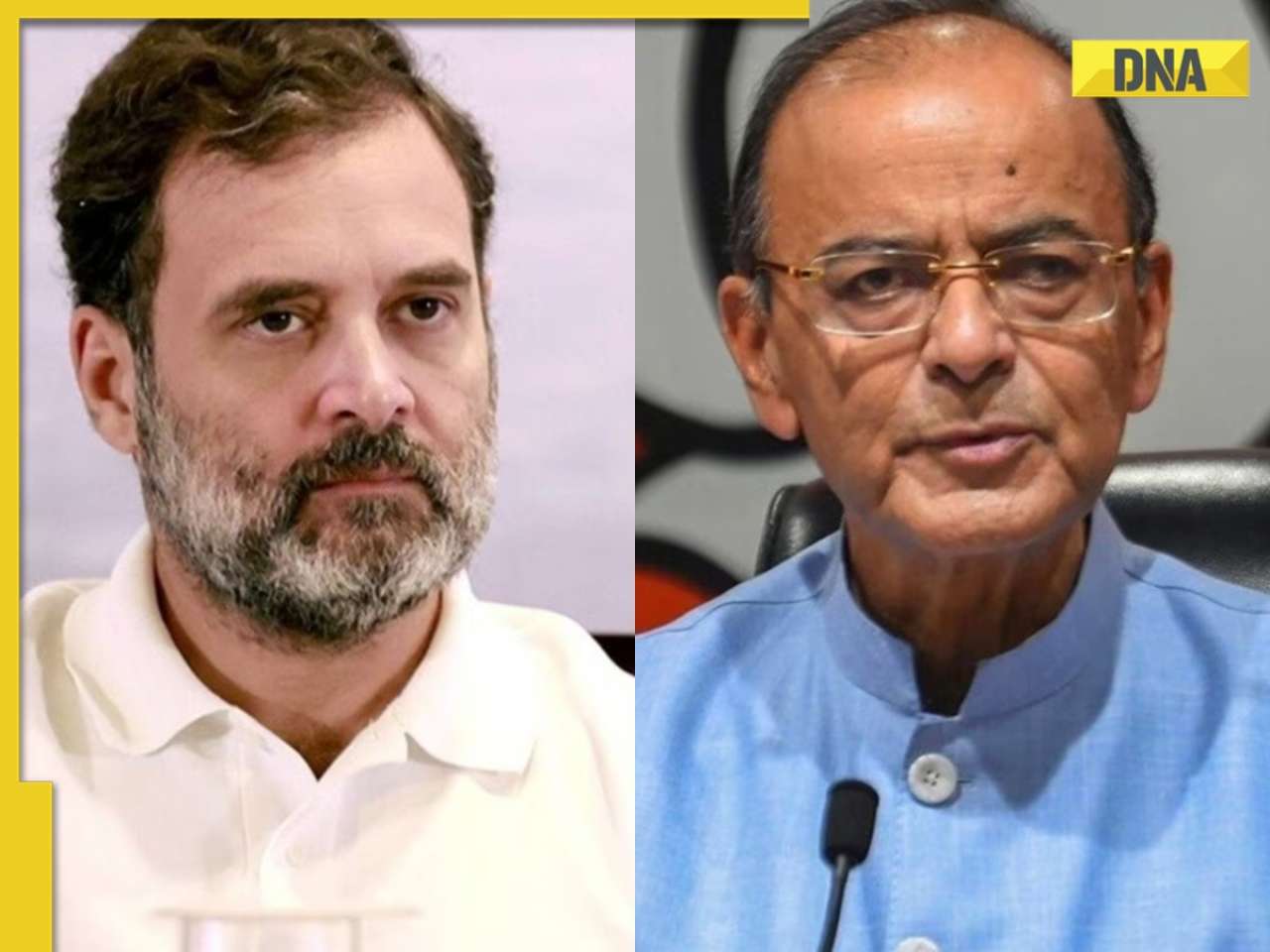 Rahul Gandhi alleges NDA government sent late Arun Jaitley to 'threaten' him over farm laws, introduced a year after his death; son Rohan Jaitley reacts
Rahul Gandhi alleges NDA government sent late Arun Jaitley to 'threaten' him over farm laws, introduced a year after his death; son Rohan Jaitley reacts Over 2800 MBBS seats go unfilled in 2024 despite 39% rise due to...
Over 2800 MBBS seats go unfilled in 2024 despite 39% rise due to...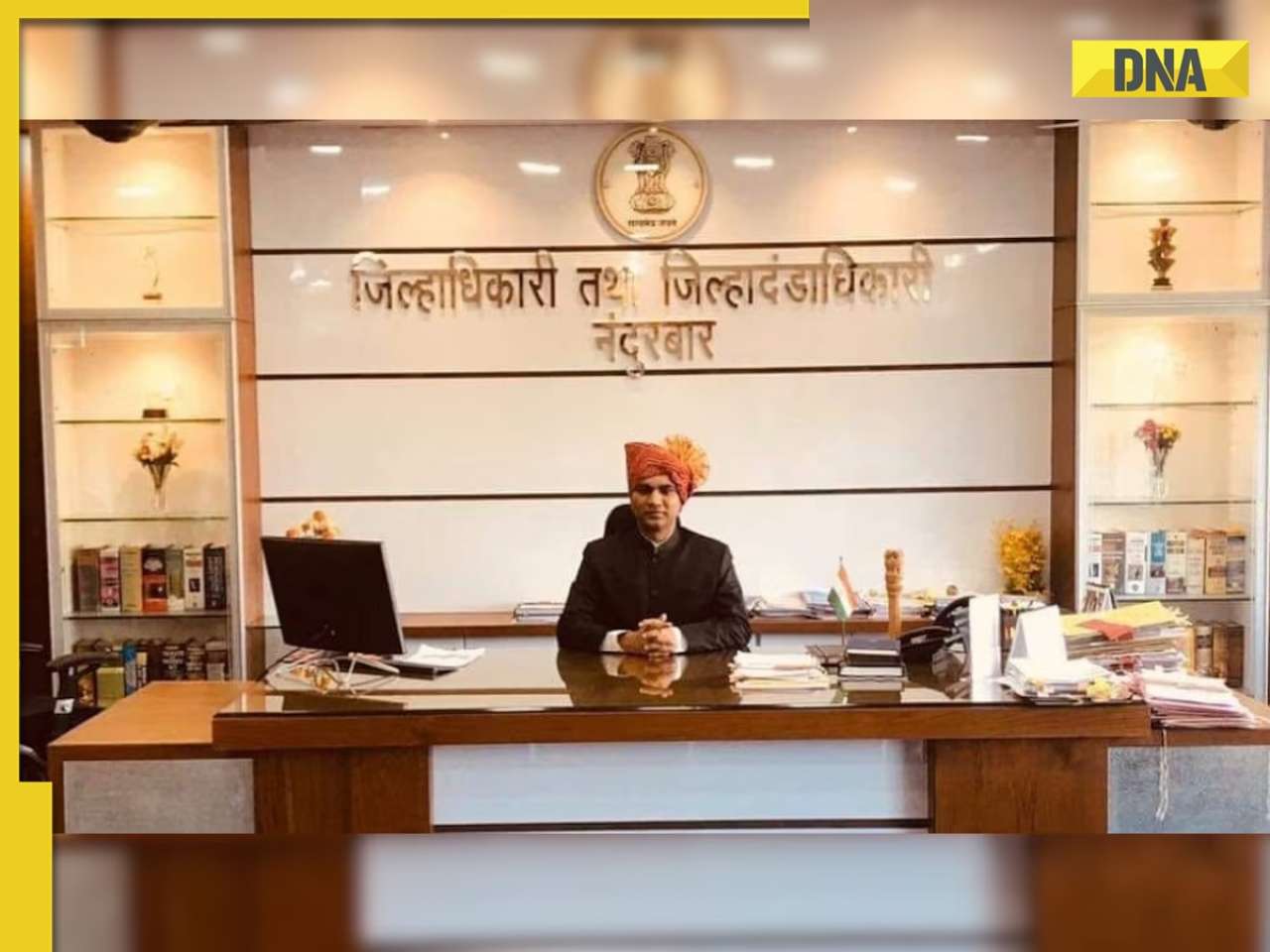 Meet IAS officer, whose mother used to sell desi wine, studied MBBS, later cracked UPSC with AIR..., he is...
Meet IAS officer, whose mother used to sell desi wine, studied MBBS, later cracked UPSC with AIR..., he is... Meet woman, NLU grad, who left her job at legal firm, topped UPSC exam in second attempt with AIR..., her backup plan was...
Meet woman, NLU grad, who left her job at legal firm, topped UPSC exam in second attempt with AIR..., her backup plan was... Meet woman who left medical studies to fulfill father’s wish, cracked UPSC exam, became IPS, then IAS officer after failing thrice, her AIR is...
Meet woman who left medical studies to fulfill father’s wish, cracked UPSC exam, became IPS, then IAS officer after failing thrice, her AIR is...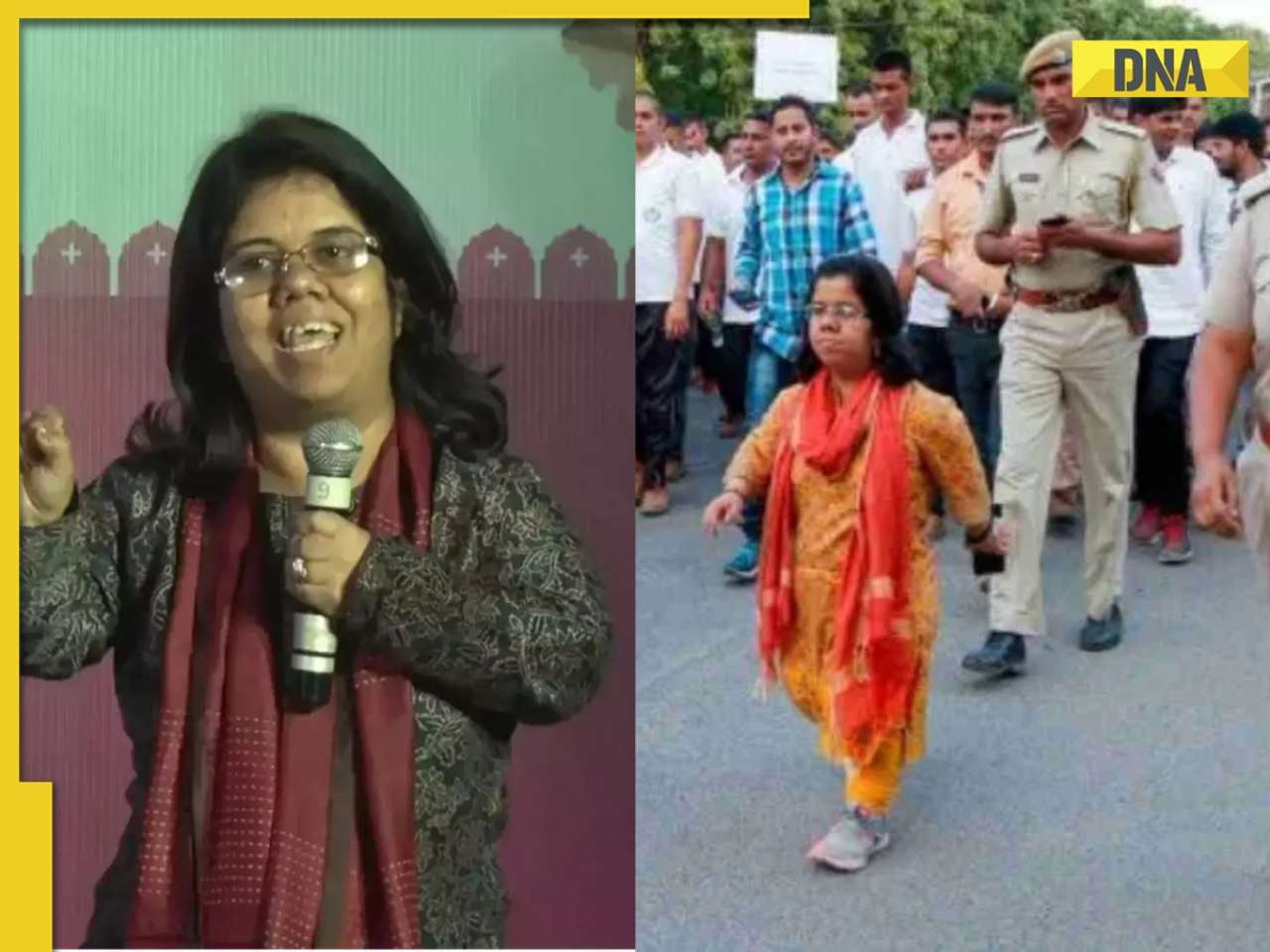 Meet woman, 3.5 feet tall IAS officer who was once made fun of, later graduated from DU, cracked UPSC exam on her first attempt, she is...
Meet woman, 3.5 feet tall IAS officer who was once made fun of, later graduated from DU, cracked UPSC exam on her first attempt, she is... Maruti Suzuki's e Vitara set to debut electric market at Rs..., with range of over 500 km, to launch on...
Maruti Suzuki's e Vitara set to debut electric market at Rs..., with range of over 500 km, to launch on... This is world’s most expensive wood, cost of 1kg wood is more than gold, its name is..., is found in...
This is world’s most expensive wood, cost of 1kg wood is more than gold, its name is..., is found in... This luxury car is first choice of Indians, even left BMW, Jaguar, Audi behind in sales, it is...
This luxury car is first choice of Indians, even left BMW, Jaguar, Audi behind in sales, it is... Kia India unveils Carens Clavis: Check features, design changes, price and more; bookings open on...
Kia India unveils Carens Clavis: Check features, design changes, price and more; bookings open on... Tesla CEO Elon Musk launches most affordable Cybertruck, but it costs Rs 830000 more than older version, it is worth Rs...
Tesla CEO Elon Musk launches most affordable Cybertruck, but it costs Rs 830000 more than older version, it is worth Rs...




)
)
)
)
)
)
)
)
)
)
)
)
)
)
)
)

